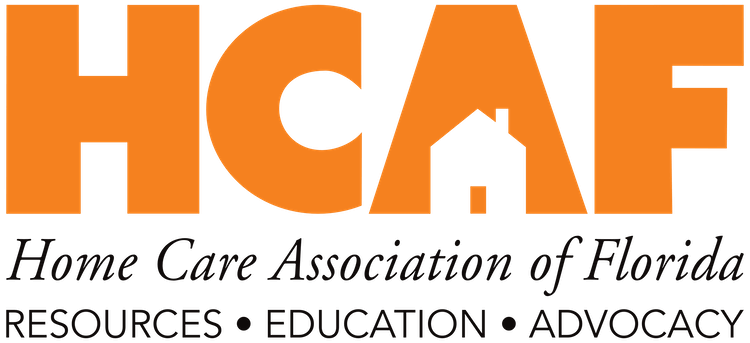HCAF Submits Recommendations to AHCA on Rural Health Transformation Program

HCAF Submits Recommendations to AHCA on Rural Health Transformation Program
 The Home Care Association of Florida (HCAF) has submitted formal recommendations to the Agency for Health Care Administration (AHCA) regarding the state’s application to the new federal Rural Health Transformation Program (RHTP). Established under Section 71401 of the One Big Beautiful Bill Act (OBBBA) signed by President Donald Trump on July 4, 2025, the program is administered by the Centers for Medicare & Medicaid Services (CMS) and designed to improve health outcomes in rural communities through innovative care models, technology adoption, and workforce supports. AHCA is accepting public comments through September 16, 2025.
The Home Care Association of Florida (HCAF) has submitted formal recommendations to the Agency for Health Care Administration (AHCA) regarding the state’s application to the new federal Rural Health Transformation Program (RHTP). Established under Section 71401 of the One Big Beautiful Bill Act (OBBBA) signed by President Donald Trump on July 4, 2025, the program is administered by the Centers for Medicare & Medicaid Services (CMS) and designed to improve health outcomes in rural communities through innovative care models, technology adoption, and workforce supports. AHCA is accepting public comments through September 16, 2025.
Congress allocated $50 billion over five years for the RHTP. Half of this funding will be distributed evenly among states with accepted applications, while the other half will be allocated based on rural population size and need. States will share $5 billion annually from fiscal year 2026 through 2030, with each state guaranteed at least $100 million if all 50 states apply. States must dedicate at least 90% of funding to program initiatives and submit annual reports to CMS on results and spending. Awards are expected to be announced by December 31, 2025.
In its comments, HCAF urged AHCA to make home health agencies a central part of Florida’s proposal, citing their ability to deliver high-quality, cost-effective care directly in the home. HCAF’s recommendations included:
- Mobile clinician units to expand in-home care access in rural communities.
- Hospital-to-home partnerships to reduce readmissions and improve transitions of care.
- Expanded telehealth and remote monitoring to manage chronic diseases and increase efficiency.
- Workforce recruitment and retention strategies, including rural training hubs and loan repayment incentives.
- Targeted financial supports such as fee relief, performance-based bonuses, and a Rural Home Health Technology Fund to modernize electronic health records and cybersecurity.
HCAF noted that investing in home health not only improves outcomes for patients but also produces substantial savings for taxpayers. A Florida TaxWatch report found that shifting care from nursing homes to the home could save the state more than $745 million annually, while even a 1% reduction in the home- and community-based services waitlist could save nearly $64 million each year.
“Florida’s rural communities face unique challenges, but home health agencies are well-positioned to meet them,” said Denise Bellville, RN, Executive Director of HCAF. “Our recommendations show how leveraging home care can expand access, strengthen the workforce, and deliver measurable savings for the state.”
HCAF encouraged providers, patients, and stakeholders to submit their own comments to AHCA by the September 16 deadline, ensuring that the state’s application reflects the full potential of home-based care.
Click here to read the comments in full.
